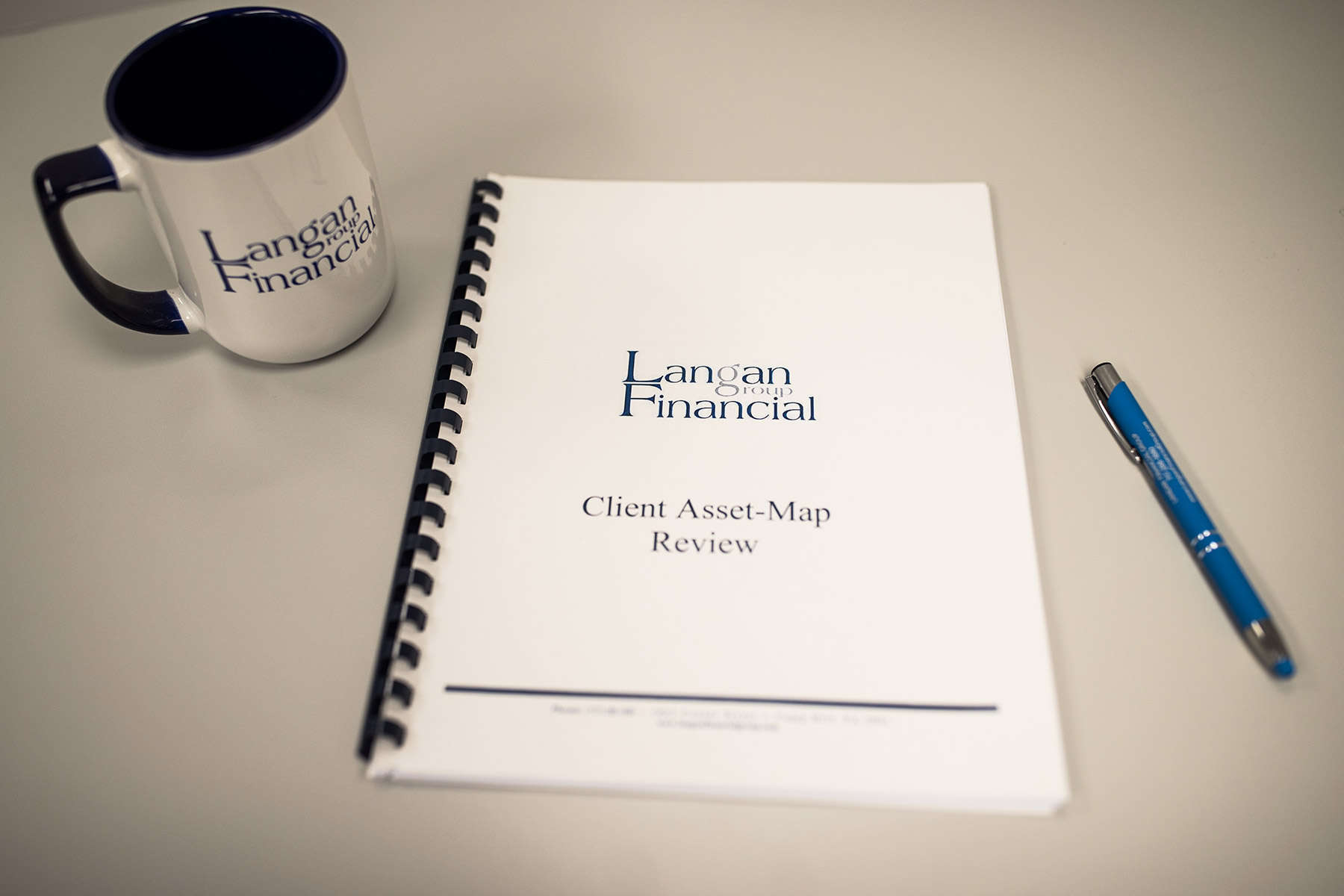Estate planning is a sensitive but essential conversation to have with aging parents. Without it, families risk confusion, costly legal battles, and fractured relationships.
However, it is one of those conversations we always think we have more time. An uncomfortable conversation, we kick down the road and think, we’ll do it tomorrow.

Why You Should Start the Estate Planning Conversation Now
Many families delay estate planning talks, but the risks of waiting are significant:
- 1 in 3 Americans over 55 lack a will, leaving families vulnerable to probate battles and unintended heirs.
- 1 in 7 adults over 71 has dementia, making early planning critical before cognitive decline complicates decision-making.
- Family disputes over inheritances and medical decisions are common when plans are unclear or absent.
Starting early helps avoid these pitfalls and ensures your parents’ wishes are clear and respected.
Step 1: Reframe the Conversation to Build Trust
How you begin the conversation matters. Avoid phrases that may sound confrontational or alarming, such as:
- ❌ “You need to get your affairs in order.”
- ❌ “What if you die tomorrow?”
Instead, try gentle, inclusive approaches like:
- ✅ “I’ve been working on my own estate plan and realized I don’t know where yours is. Could we review it together?”
- ✅ “I want to make sure I can honor your wishes if you ever need help managing things.”
Pro Tip: Use relatable examples to ease into the topic:
“I heard about a family who couldn’t access their dad’s accounts after his stroke. How can we prevent that from happening to us?”

Step 2: Identify and Organize Key Documents
Gathering important documents is a practical way to move forward and reduce anxiety. Key documents to locate include:
| Document | Why It Matters | Urgency Level |
| Will/Trust | Dictates asset distribution and avoids probate | High |
| Durable Power of Attorney (POA) | Allows someone to manage finances if incapacitated | Critical |
| Healthcare Directive | Specifies medical wishes (life support, organ donation) | Critical |
| Beneficiary Forms | Overrides wills for retirement accounts | High |
| Digital Asset List | Passwords for email, crypto, social media | Moderate |
Action: Schedule a “document day” with your parents. Use a checklist to locate originals, scan copies for secure storage, and share access with a trusted family member.
Step 3: Ask Thoughtful Questions to Understand Their Wishes
Beyond paperwork, understanding your parents’ intentions is vital. Consider these questions:
Financial
- “Do you have a financial advisor or attorney we should include?”
- “Are there any debts or accounts we might not know about?”
- “Would you like help setting up automatic bill payments to avoid missed payments?”
Healthcare
- “Would you want life support if recovery is unlikely?”
- “Who would you trust to make medical decisions if you can’t?”
- “Have you considered long-term care insurance?”
Legacy
- “Is there a cause or family tradition you’d like to support?”
- “Would you like to leave letters or videos for grandchildren?”
Step 4: Involve Siblings Strategically
Estate planning is a family affair. To avoid misunderstandings and conflicts:
- Hold a pre-meeting with siblings to align on approach and messaging.
- Assign roles based on strengths (e.g., one handles healthcare, another finances).
- Consider a mediator if tensions exist (cost: $150–$300/hour).
Step 5: Address Emotional Roadblocks with Patience
It’s normal for parents to resist or feel overwhelmed. When this happens:
- Empathize: “I know this is uncomfortable, but it would give me peace of mind.”
- Scale down: “You don’t need to share numbers-just where the documents are.”
- Break it into steps: Tackle one document or topic at a time.
- Leverage professionals: Suggest meeting with their financial advisor or attorney together.

Step 6: Prepare for Future Risks
Planning doesn’t end with documents. Prepare for practical challenges by:
- Testing the POA: Confirm banks and institutions recognize it before a crisis.
- Simplifying accounts: Consolidate scattered accounts for easier management.
- Discussing long-term care: Evaluate options to self-insure or purchase insurance (nursing home care averages $4,000+ per month).
When to Bring in Professionals for Estate Planning
Some aspects of estate planning require expert guidance to ensure everything is legally sound and tailored to your family’s needs:
- Estate Attorney: Typically charges between $1,500 and $3,000 for drafting or updating wills and trusts. Complex cases may cost more but can save significant time and money later.
- Daily Money Manager: Helps organize bills, paperwork, and financial accounts, usually billing $50 to $150 per hour.
- Mediator: If family tensions run high, a neutral third party can facilitate discussions and resolve conflicts, with fees ranging from $100 to $300 per hour.
Pro Tip: Offering to share or cover these costs can reduce resistance and demonstrate your commitment to a smooth process.
How to Engage Your Parents in Estate Planning
Discussing estate planning with your aging parents is never easy, but it’s one of the most important conversations you can have.
By approaching the topic with empathy, focusing on their wishes, and breaking the process into manageable steps, you’ll help protect their legacy and your family’s future.
Remember, this is a partnership-not a takeover-and involving trusted professionals can make the journey less stressful for everyone.
About the Financial Planning Author

Alexander Langan, J.D, CFBS, serves as the Chief Investment Officer at Langan Financial Group. In this role, he manages investment portfolios, acts as a fiduciary for group retirement plans, and consults with clients regarding their financial goals, risk tolerance, and asset allocation.
With a focus on ERISA Law, Alex graduated cum laude from Widener Commonwealth Law School. He then clerked for the Supreme Court of Pennsylvania and worked in the Legal Office of the Pennsylvania Office of the Budget, where he assisted in directing and advising policy determinations on state and federal tax, administrative law, and contractual issues.
Alex is also passionate about giving back to the community, and has participated in The Foundation of Enhancing Communities’ Emerging Philanthropist Program, volunteers at his church, and serves as a board member of Samara: The Center of Individual & Family Growth. Outside of work and volunteering, Alex enjoys his time with his wife Sarah, and their three children, Rory, Patrick, and Ava.
About Langan Financial Group: Financial Advisors
Langan Financial Group is an award-winning financial planning firm with offices in York, Pennsylvania and Harrisburg, Pa.
With over 100+ 5-star reviews, Langan Financial Group is an independent financial planning firm established in 1985, offering a broad range of financial planning services.
With an open architecture platform, our advisors have access to a diverse range of products, free from any sales quotas.
Our team of 9 financial experts, each with unique specialties, enhances our ability to focus on delivering value to our clients.
Disclosure
The content is developed from sources believed to be providing accurate information. The information in this material is not intended as tax or legal advice.
Please consult legal or tax professionals for specific information regarding your individual situation.
The opinions expressed and material provided are for general information, and should not be considered a solicitation for the purchase or sale of any security.
Securities offered through Cambridge Investment Research, Inc., a Broker/Dealer, Member FINRA/SIPC.
Investment Advisor Representative, Cambridge Investment Research Advisors, Inc. a Registered Investment Advisor. Cambridge and Langan Financial Group, LLC are not affiliated.
Cambridge does not offer tax or legal advice.



